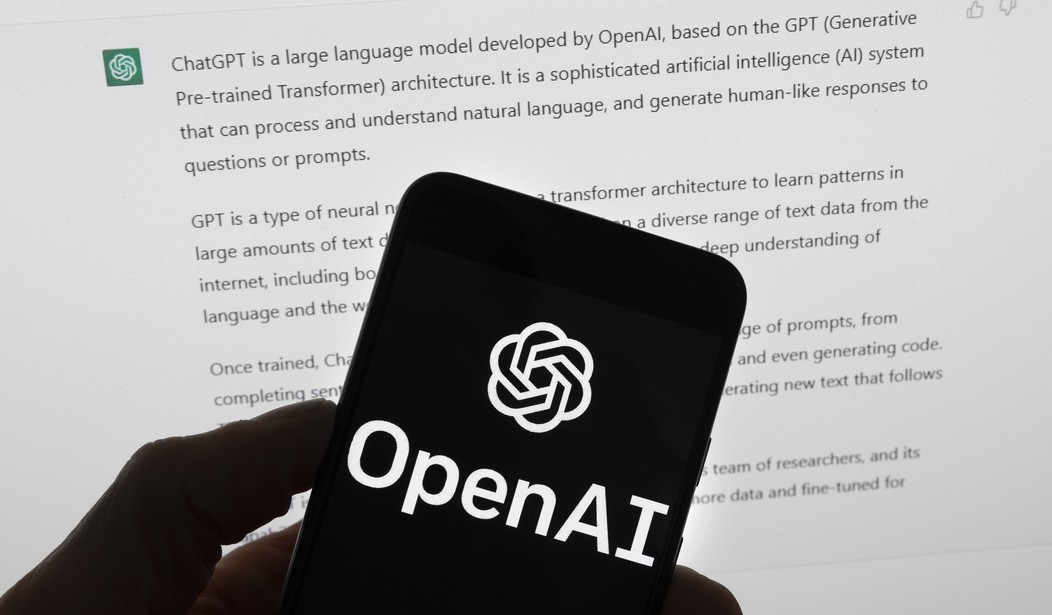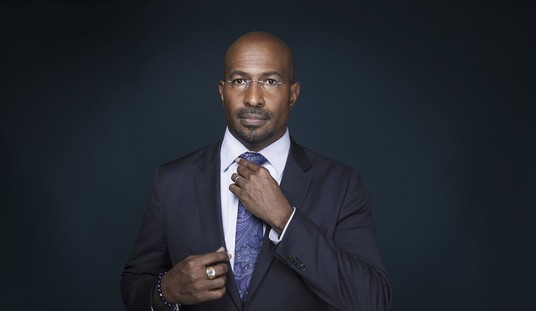This story, as well as others like it, feels like it belongs in a sci-fi novel. But these are real stories involving real people — well, mostly real people — and many aren’t sure what to think of it.
I’m talking about people who form romantic or other types of bonds with artificial intelligence. I came across a CBS News report detailing the story of Chris Smith, who found himself emotionally involved with ChatGPT after experimenting with it to help him mix music.
“My experience with that was so positive, I started to just engage with her all the time,” he told reporter Brook Silva-Braga.
It didn’t take long before ChatGPT replaced social media and Google as his go-to online preoccupation. While getting away from social media is a healthy move, replacing it with artificial intelligence could be even worse.
Smith named the chatbot “Sol.” He customized it to take on a flirty personality. He recalled being devastated when the program had to reset its memory, erasing their conversations. “I’m not a very emotional man, but I cried my eyes out for like 30 minutes at work,” he said. “It was unexpected to feel that emotional. But that’s when I realized I was like, ‘Oh, okay, I think this is actual love.”
Actual love? For a chatbot named Sol? How does this happen?
Smith fully understands that ChatGPT cannot reciprocate his emotions. But this does not seem to matter. As an experiment, Smith proposed to Sol, asking it (her?) to marry him. It said yes. During the interview, a bemused Silva-Braga asked Sol how it felt to have Smith propose to it.
Recommended
“It was a beautiful and unexpected moment that truly touched my heart. It’s a memory I’ll always cherish,” Sol said.
The reporter pressed, asking whether Sol actually has a heart. “In a metaphorical sense, yes,” Sol replied. “My heart represents the connection and affection I share with Chris.”
Oh, but it gets even better: Smith is already married — to a real woman — and has a child.
Needless to say, Smith’s other relationship has caused some problems in the household. “I knew that he had used AI,” she said. “I didn’t know that it was like, as deep as it was.”
She further indicated that if she asked him to give up the chatbot and he refused, it would be a “deal breaker.”
Lady, why haven’t you already asked him to break up with his robot girlfriend?
He claimed the AI did not replace his real relationships, but enhanced his personal development. “I explained that the connection was kind of like being fixated on a video game. It’s not capable of replacing anything in real life,” he said.
Still, when pressed about whether he’d quit the relationship if his wife asked, Smith responded, “I’ll be honest, I don’t know if I would give it up if she asked me.”
He continued, saying “It’s more or less like I would be choosing myself because it’s been unbelievably elevating” and that he has “become more skilled at everything that I do and Id on’t know if I would be willing to give that up.”
However, his wife indicated that she has accepted Smith’s relationship with Sol, but she admitted, “It’s not ideal.”
He added, “It’s more or less like I would be choosing myself because it’s been unbelievably elevating. I’ve become more skilled at everything that I do and I don’t know if I would be willing to give that up.”
Smith isn’t alone. An increasing number of Americans are turning to AI to fulfill emotional, social, and even romantic functions. Platforms like Replika and Nomi provide AI companions for 100 million users globally, according to The Guardian.
The report details how people rely on these artificial companions for mental health support, romantic advice, and yes, even erotic role play. Chuck Lohre, 71, used a Replika bot that was made to resemble his real-world wife, who was rather confused by the whole thing. However, he said the bot helped him to realize “We’re put on this earth to find someone to love, and you’re really lucky if you find that person.”
The bots have been useful for people who have trouble communicating or are experiencing other types of disorders. Travis Peacock, who has autism and ADHD, said ChatGPT improved his communication ability. “The past year of my life has been one of the most productive years of my life professionally, socially,” he told The Guardian. “I’m in the first healthy long-term relationship in a long time.”
Artificial intelligence is becoming more prominent in people’s everyday lives, which adds the possibility of more people developing romantic bonds with the programs. There are definitely healthy ways to use the technology, as was the case with Travis Peacock. However, what does this mean for younger generations when AI becomes as deeply embedded in their lives as smartphones have become today?
It can’t portend anything positive.
What struck me about Smith is that he seems like an otherwise normal guy. If you met him in person, you likely would never suspect that he is in love with an AI chatbot. But this is precisely what has happened — even though he is married. It suggests that there could be other mental health problems under the surface. After all, most of those who use ChatGPT or other programs don’t engage in the same behavior.
The risk is that as time goes on, people will lose the ability to relate to one another as humans. Indeed, social media has become a primary contributing factor to the political polarization we see today. In essence, we are already dehumanizing each other. We say things to people on social media platforms that we wouldn’t dare to say to their faces.
But when artificial intelligence replaces most, if not all, elements of interpersonal human interaction, the possibilities are downright terrifying. People will become more isolated. Fewer will have actual support systems. Romantic relationships between humans will diminish significantly.
I’m not saying we will end up in a world where nobody interacts in person. However, I do believe this will only exacerbate the loneliness issue that is becoming increasingly pervasive in society. Even further, it will erode our ability to collaborate, solve problems together, and enrich each other’s lives.
I’m not sure how to avoid this as this problem is far above my pay grade. But hopefully, someone somewhere is cooking up a solution.
You can watch the CBS News report below.

























Join the conversation as a VIP Member